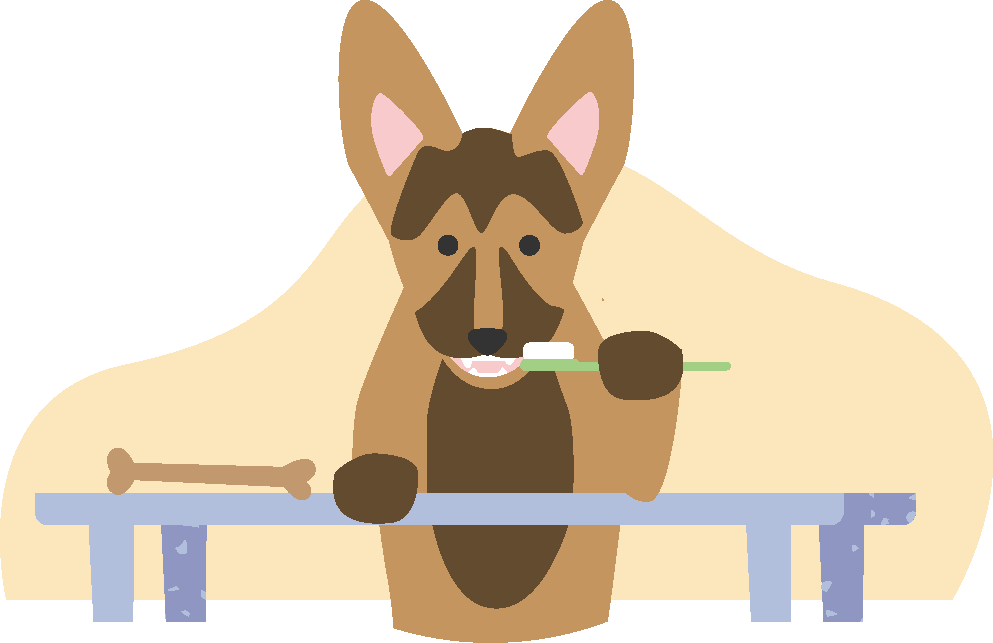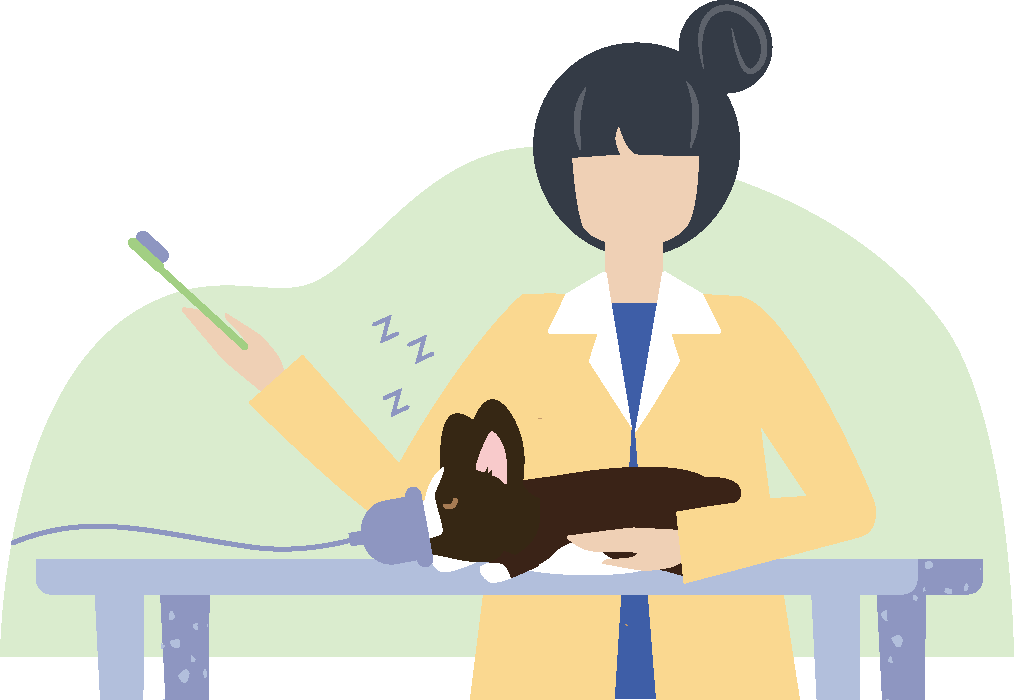Puppies bring joy and excitement into our lives, but as new puppy owners, we may find ourselves uncertain about how to care for their dental health. From brushing their teeth to professional cleanings, it’s important to establish a dental routine early on. In this article, we will discuss veterinarian-approved tips to keep your puppy’s teeth healthy and clean, ensuring a lifetime of good oral hygiene.
Establishing a Baseline for Your Pet’s Oral Health
To ensure your puppy’s dental well-being, it’s crucial to get the conversation started with your veterinarian. Even if your puppy is just a few weeks old and doesn’t have teeth yet, it’s never too early to establish a baseline for their oral health. During your first veterinarian visit, ask for a thorough oral exam for your puppy. This examination can help identify any unerupted or misaligned teeth, which are more common in certain dog breeds like bulldogs, Boston terriers, and pugs. Identifying abnormalities early allows your veterinarian to develop a treatment plan, ensuring your puppy’s dental health is on the right track.

Ask Your Veterinarian for a Plan
When it comes to day-to-day dental care, it’s important to seek guidance from your veterinarian. They can provide recommendations on when to start home dental care and walk you through the process, making you and your puppy comfortable with a dental routine. Whether it’s choosing the right toothbrush and toothpaste or understanding the proper brushing technique, your veterinarian’s expertise will set you on the path to success.
Make Dental Care a Fun Part of Your Puppy’s Routine
Finding puppy toothbrushes and toothpaste is easy. Your veterinarian may even send you home with a free dental kit during your puppy’s initial exam. These kits often contain everything you need, including toothbrushes, toothpaste, and treats to reward your puppy. Additionally, your veterinarian can provide tips on how to keep your wiggly puppy still during brushing sessions. Remember, it’s essential to use toothpaste specifically made for dogs to avoid any harmful ingredients.
Give Treats After Tooth Brushing
Getting your puppy accustomed to tooth brushing may take some time and patience. Rather than forcing the process, allow your puppy to become familiar with the toothbrush and toothpaste by letting them sniff and lick it. Offering treats after a successful tooth brushing session will reinforce positive behaviour. With time, your puppy will associate toothbrushing with rewards and may even bring the toothbrush to you willingly.
Going Beyond Brushing
While daily tooth brushing is crucial, there are additional measures you can take to promote your puppy’s dental health. Consult with your veterinarian about dental diets, chews, and water additives that can help keep your puppy’s teeth healthy. It’s important to note that these methods do not replace tooth brushing or regular dental cleanings but can be supplementary in maintaining good oral hygiene.
Schedule Regular Veterinary Teeth Cleanings
Professional teeth cleanings are necessary to ensure your puppy’s dental health. Depending on your pet’s needs, your veterinarian may recommend one cleaning a year. These cleanings not only remove tartar buildup but also provide an opportunity for your veterinarian to thoroughly examine your puppy’s oral health and address any concerns promptly.

Monitoring Chewing Habits and Understanding Normal Chewing Behaviours
Puppies love to chew—it’s a natural behaviour that helps them explore the world and alleviate teething discomfort. Chewing on toys and treats is entirely normal and beneficial for your puppy’s dental health. It keeps their teeth clean and gums stimulated.
Identifying Dental Issues
However, it’s important to pay attention to any changes in your puppy’s behaviour. If your puppy starts pawing at their face, drooling excessively, experiencing difficulty while eating, or if you notice a strange odour from their mouth, it could indicate a dental problem. In such cases, it’s essential to contact your veterinarian for an official diagnosis and a treatment plan. Prompt attention to dental issues can prevent further complications and discomfort for your furry friend.
Finally
Proper dental care is a vital aspect of your puppy’s overall health and well-being. By following veterinarian-approved tips, starting with a consultation, developing a dental routine, and going beyond brushing, you can ensure your puppy maintains excellent oral hygiene. Regular veterinary teeth cleanings and attentive monitoring of chewing habits will contribute to your puppy’s long-term dental health. Remember, early intervention and proactive care set the foundation for a happy, healthy life for your beloved furry companion.
